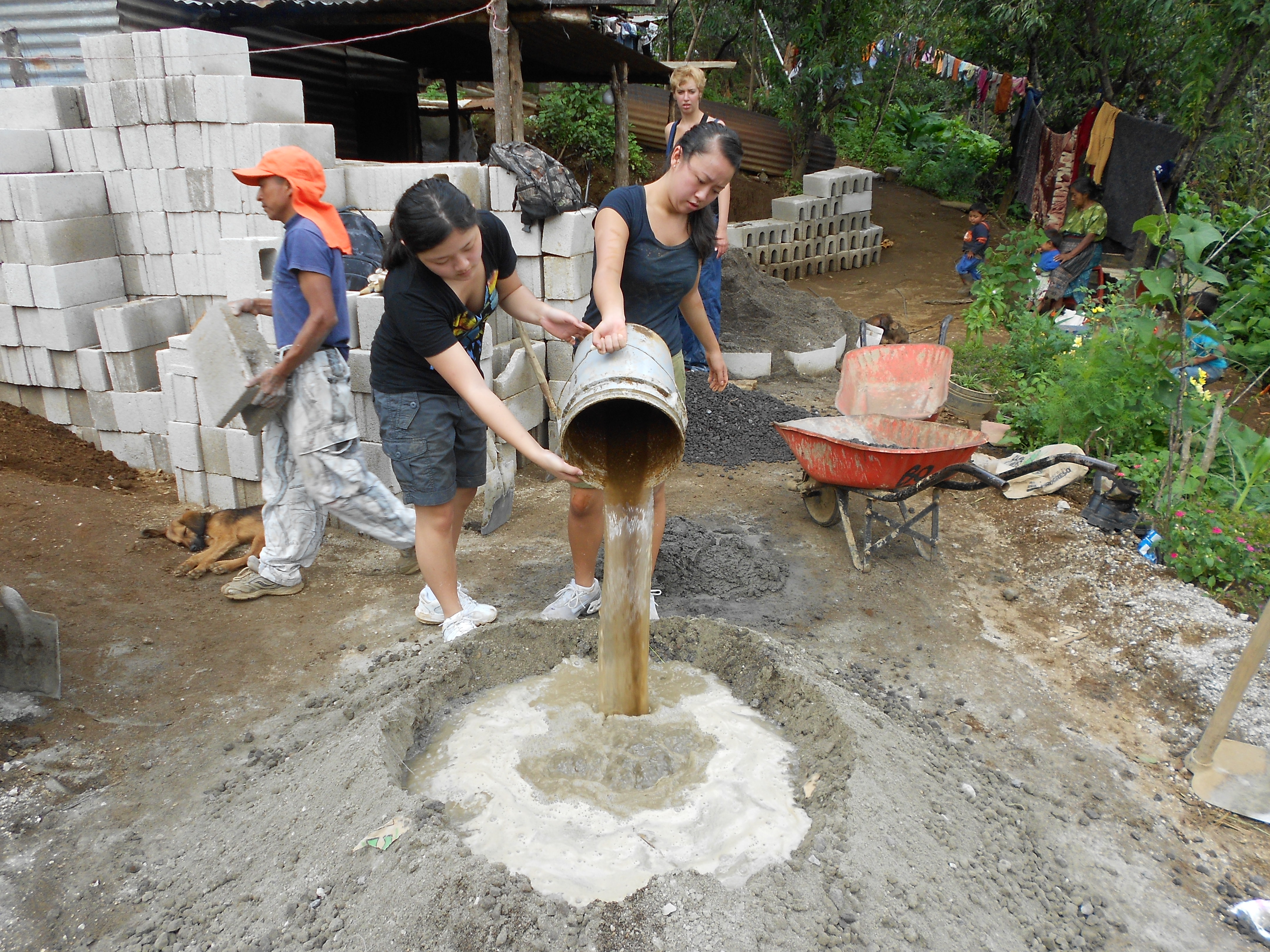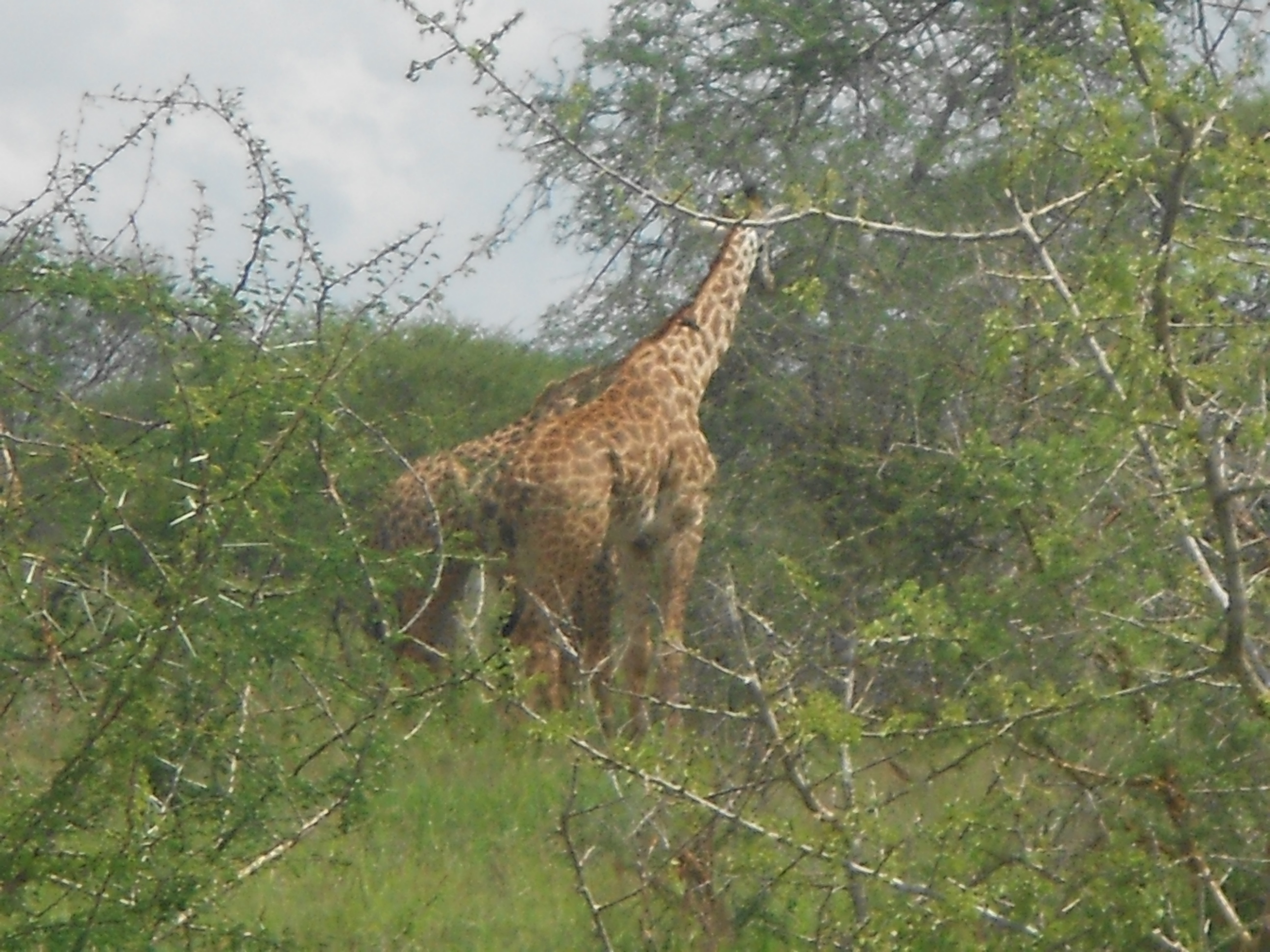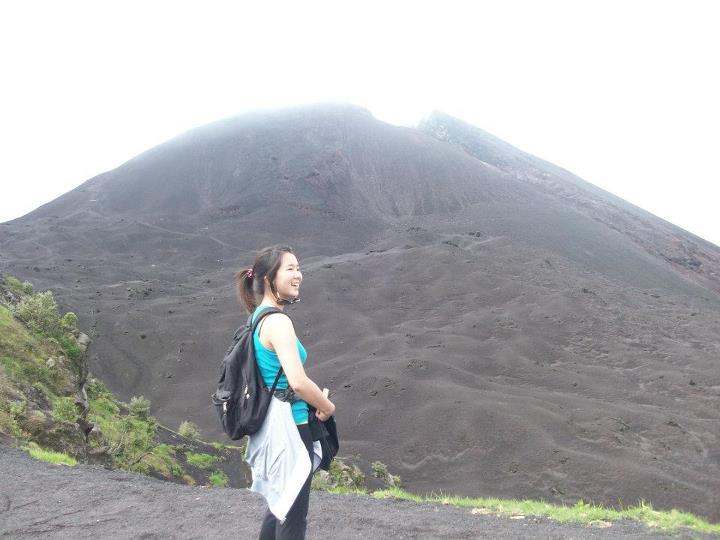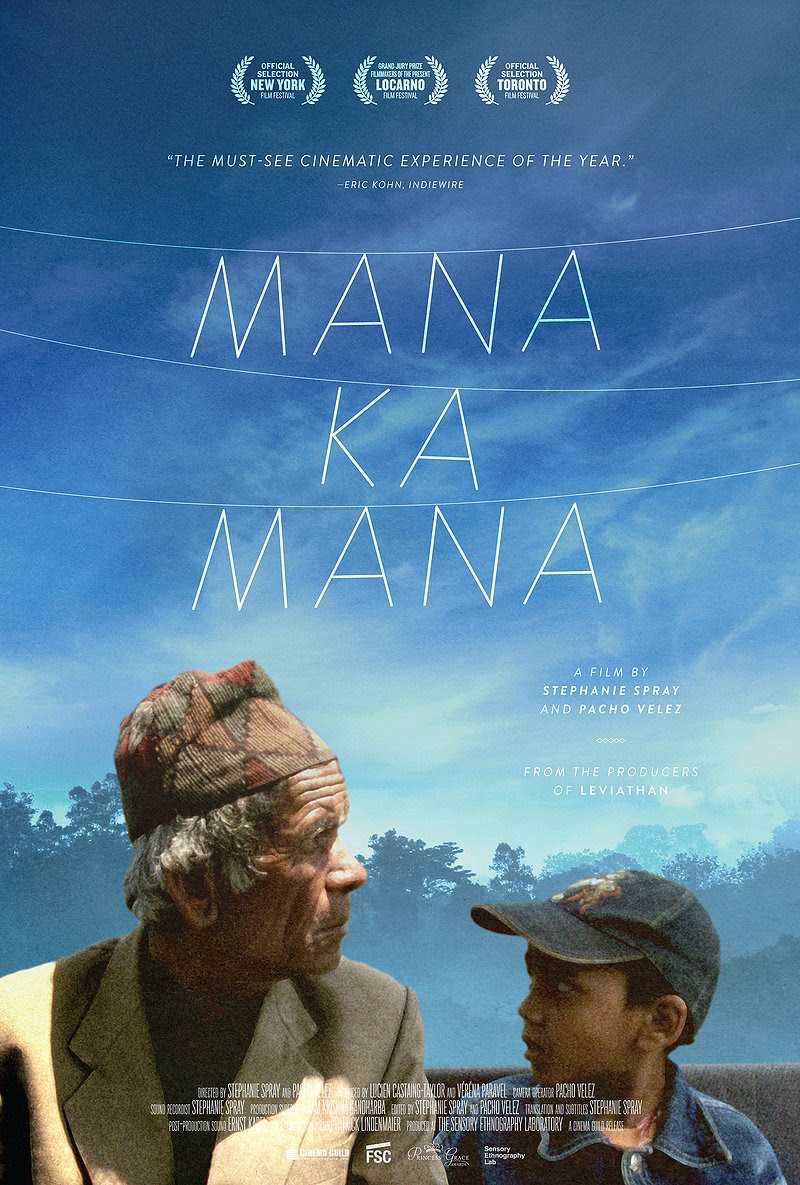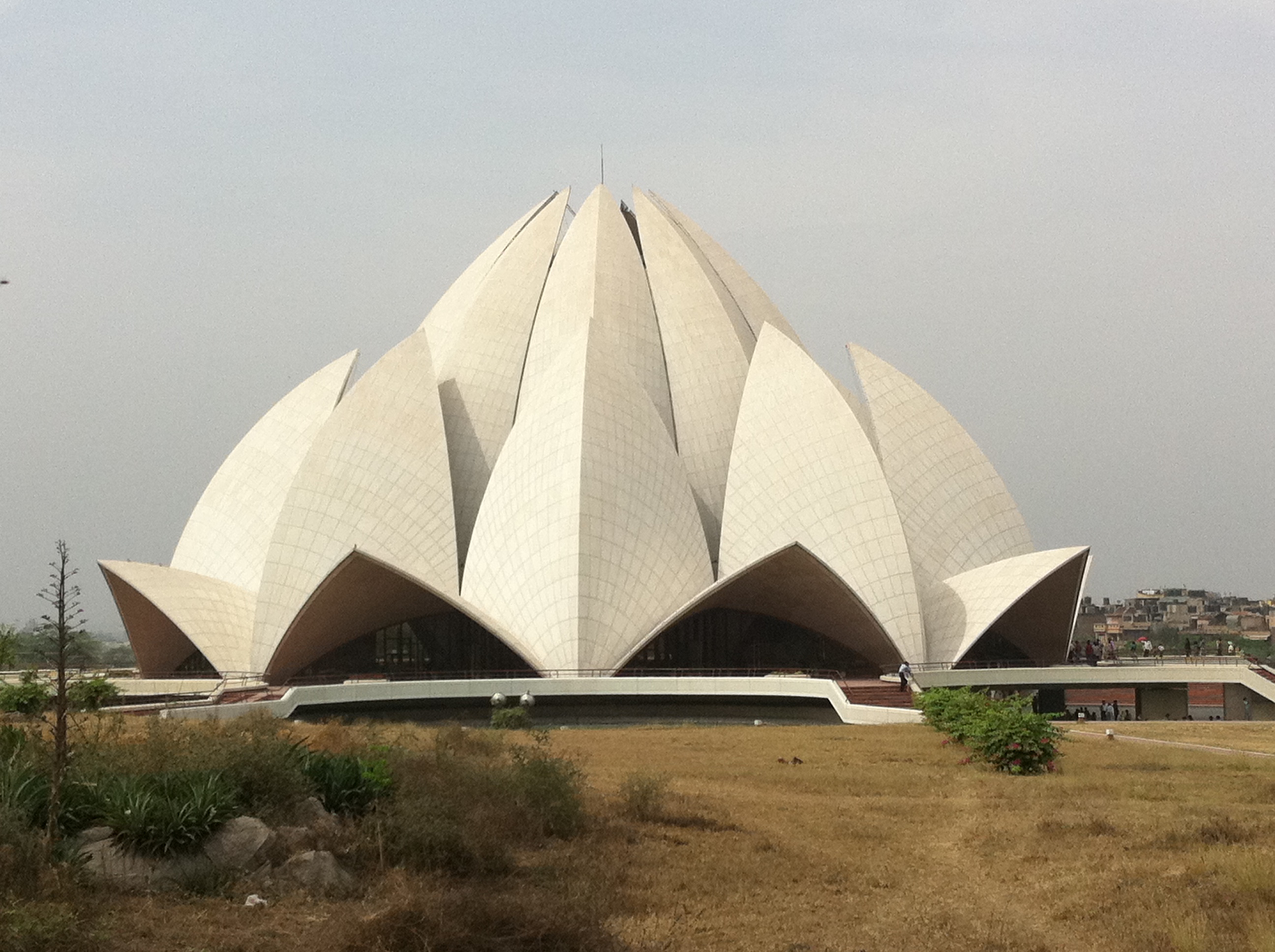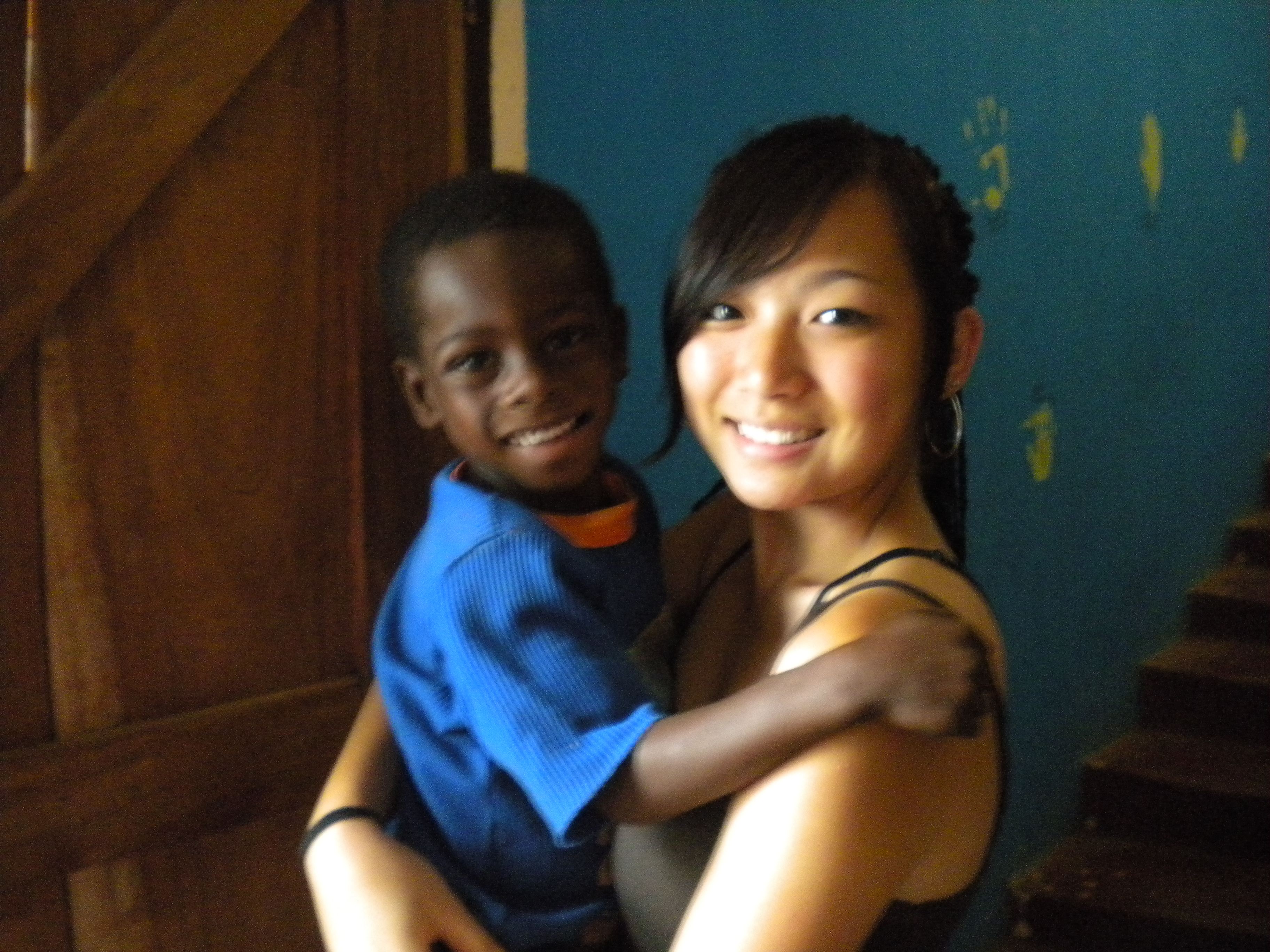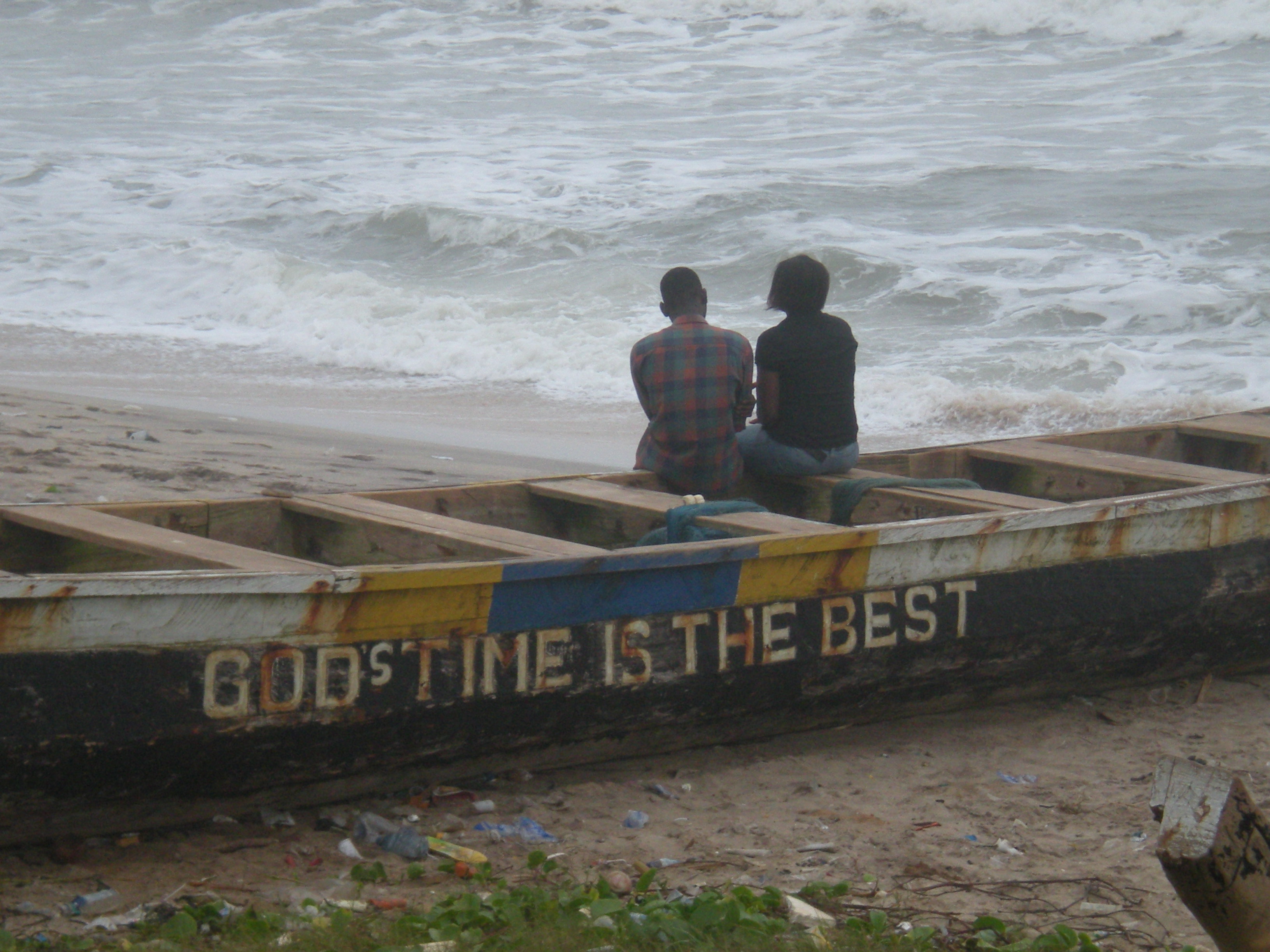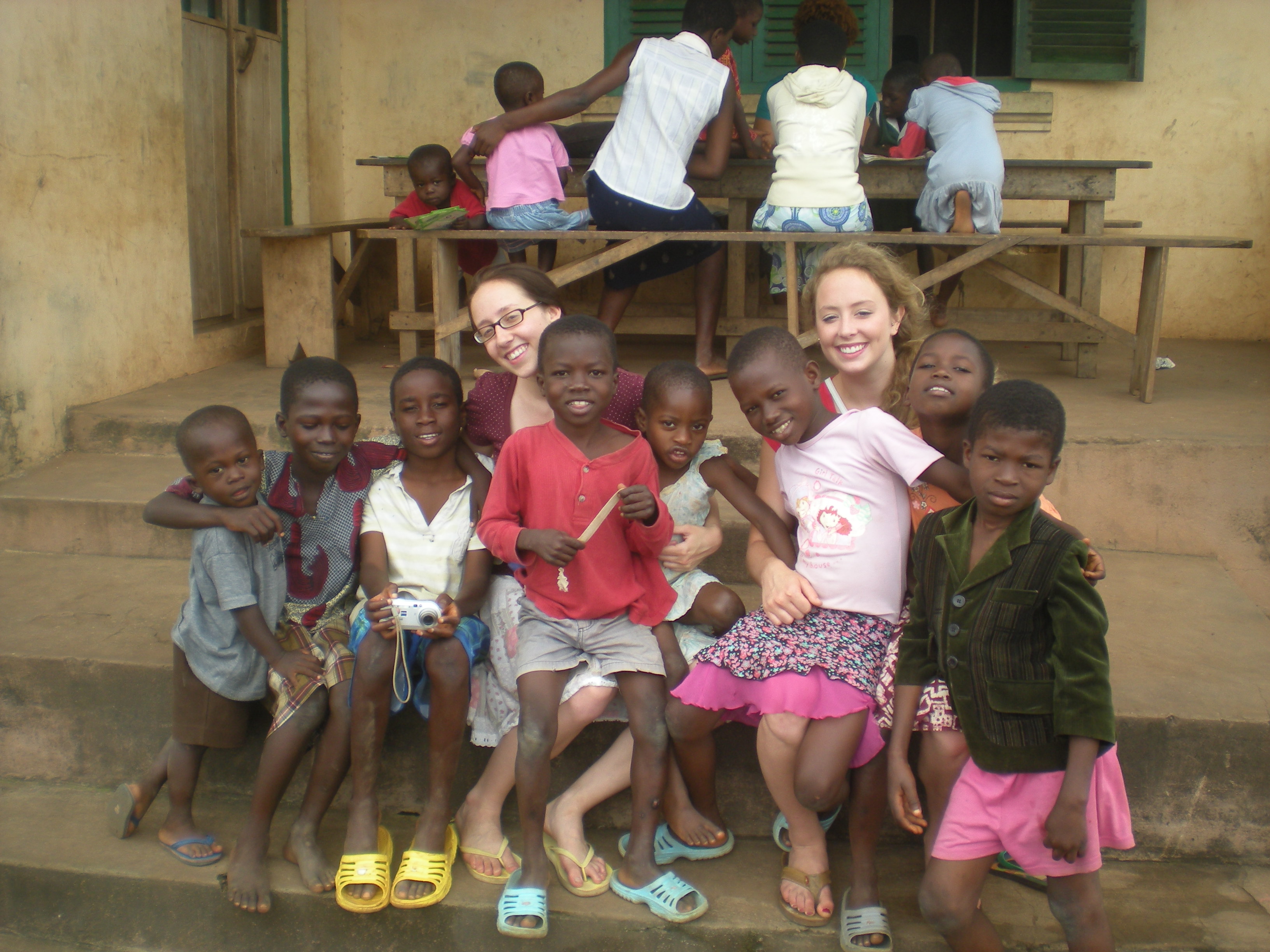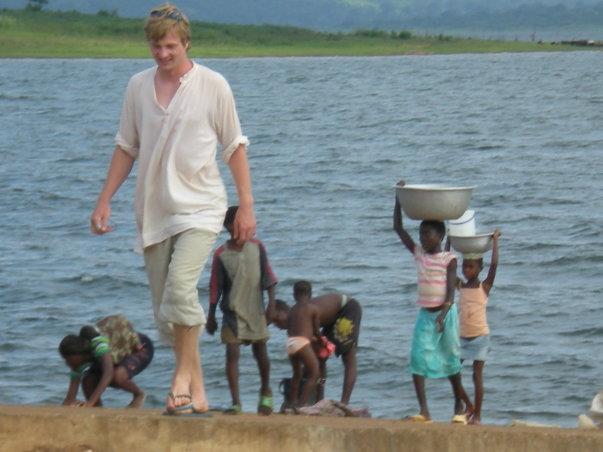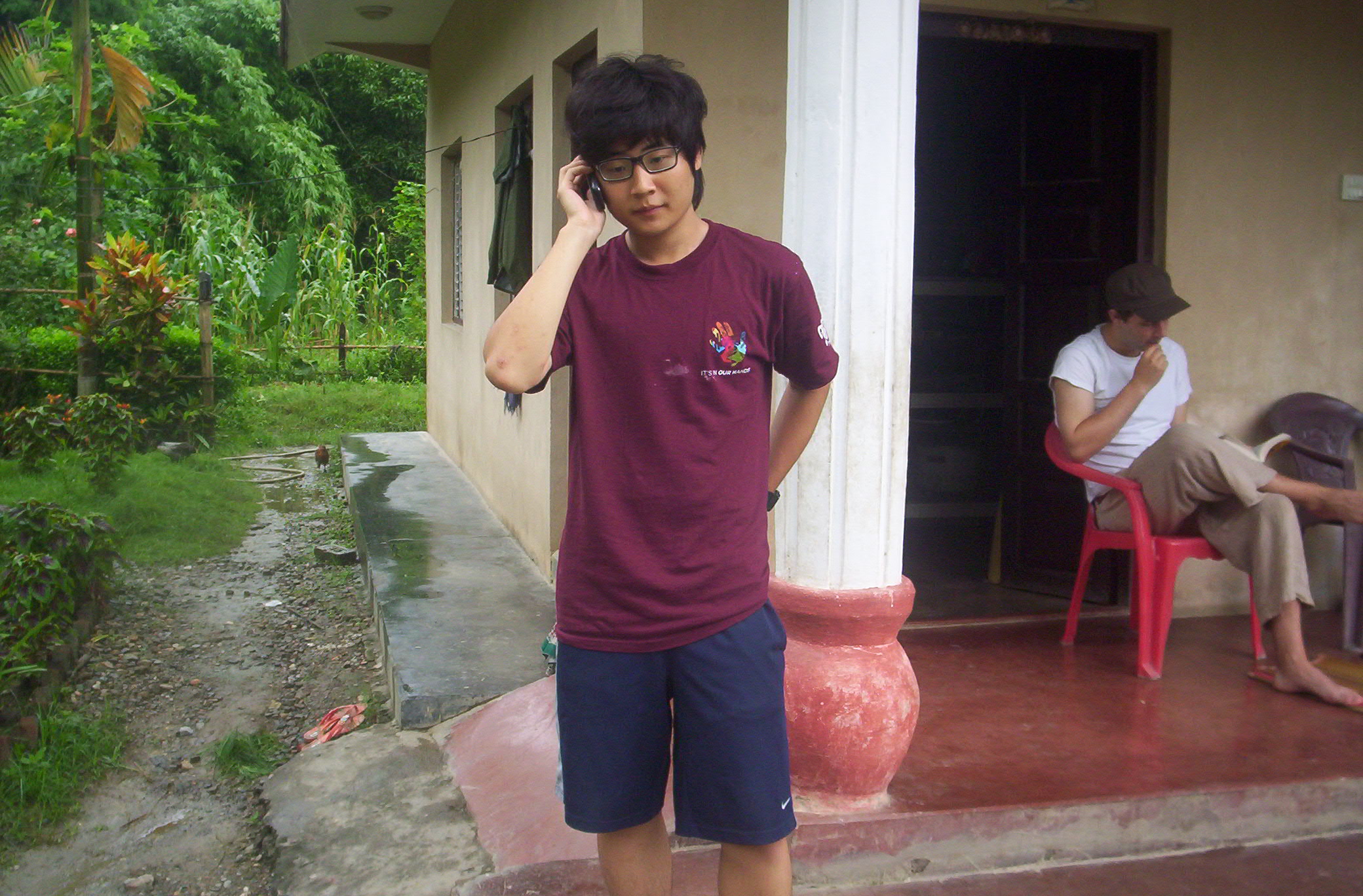One of the most important steps in going on a volunteer program abroad involves choosing the country that is right for you.
As we have written before, some of the major considerations when choosing a country for volunteering overseas should include the level of personal safety, political stability, costs, language(s), culture shock, the availability of your desired volunteer work, and even the time zone and climate.
In terms of safety, we at Cosmic Volunteers have already done the hard work! All of our host countries abroad are safe and politically stable. If they weren’t, we would not be running programs there.
For example, over the years we have been asked by hundreds of local organizations from dozens of countries in Africa to bring students like you to volunteer with them.
And after many years of research on these countries, which included visits by me, I chose Ghana to be our first destination in Africa for our volunteer programs. Ghana is politically stable, with an established government that maintains law and order.
3 More Ways to Choose a Volunteering Abroad Destination
1. Language
Will you need to be fluent in the local language in order to volunteer abroad?
Many people choose to volunteer in a country where English is widely spoken and is even the official language. Some countries, like Ghana, have English as an official language.
However for Guatemala, it helps a great deal if you have at least basic Spanish, so that you interact with people more effectively, such as your host family and the children at the orphanage.
2. Culture Shock
The level of culture shock can vary considerable among countries.
For example in India you will find huge cities like Delhi with 20 million people, with cows and beggars traffic and pollution to deal with each day.
In India too, you may also be uncomfortable with seeing young children on the streets working for vendors selling things like water and food.
For our volunteer programs in Vietnam, the living and volunteering experience will not have many of the comforts of home like coffee shops, shopping malls, and air conditioning.
3. Volunteer Work
What type of volunteer work do you want to do?
There are many different types of volunteer work available abroad including teaching English, community development, wildlife rescue, home building and health care.
Choose the volunteer program that is best for you, based on your personal interests and perhaps academic goals.

